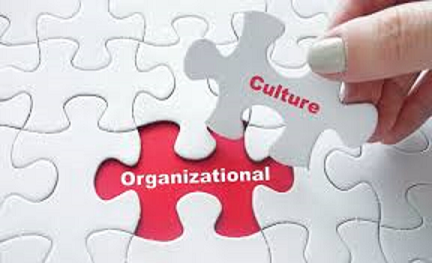14 Apr Low Hanging Fruit Still Needs Cultivation By: Kellie Brungard, GPC
Posted at 18:00h
in Case Statements, Community, Competency Eight, Culture, Funder Relations, Funding Opportunities, Kellie Brunguard, Relationships
In grant seeking, fundraising professionals sometimes refer to low-hanging fruit as the donors who give year after year with little effort, synonymous with “easy money.” While the term is often tossed around, it can be frustrating to funders and grant professionals. Funders may have fewer requirements to increase accessibility to nonprofits or value the longevity of relationships. The funder is still striving to make an impact in the community. Grant professionals understand the nuances of grant seeking and can see the industry landscape increase in competitiveness as more organizations apply for funding and foundations give conservatively in response to volatile markets. Fundraising strategies that rely on these dollars without stewardship may find themselves in the midst of a drought.








